
Space
10:31, 01-Jun-2018
Former NASA astronaut: International space cooperation is the way to achieve space aspiration
By Li Shengnan
10:07
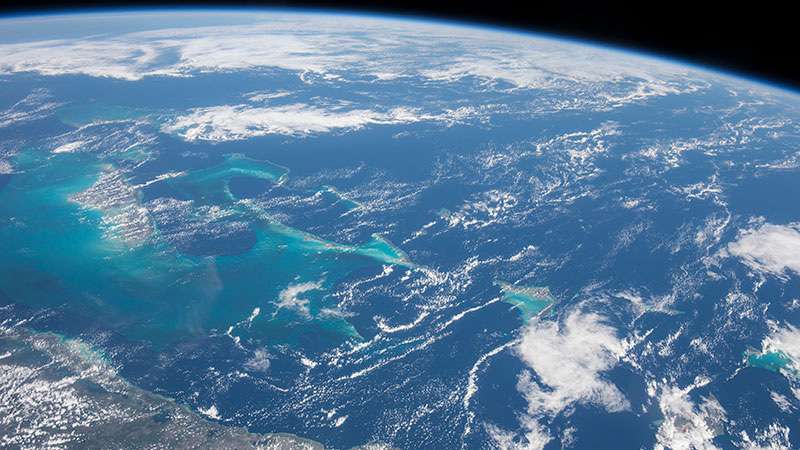
China is working with the United Nations (UN) to help arrange scientific experiments aboard the country’s space station.
The United Nations Office for Outer Space Affairs (UNOOSA) and China’s Manned Space agency have invited applications from UN member states to conduct experiments on China’s space station.
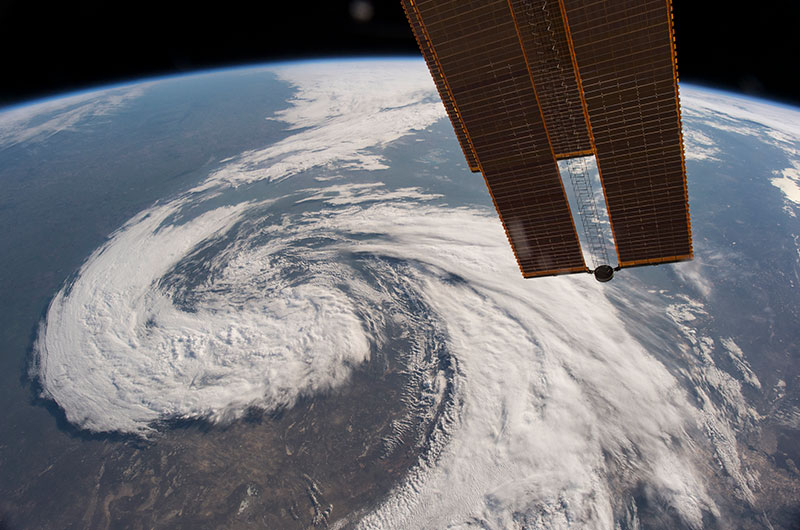
International space cooperation is the way to achieve space aspiration, say both Chinese and US experts. /Photo by Terry Virts
International space cooperation is the way to achieve space aspiration, say both Chinese and US experts. /Photo by Terry Virts
CGTN’s flagship program China 24 invited former NASA astronaut Terry Virts and Yang Yuguang from the China Aerospace Science and Industry Corporation into the studio for more discussions on space exploration.
Yang told CGTN that inviting other countries into the program is a win-win game for both China and the world, as it can not only help China’s space program grow faster, but also bring opportunities to other countries for their science experiments.
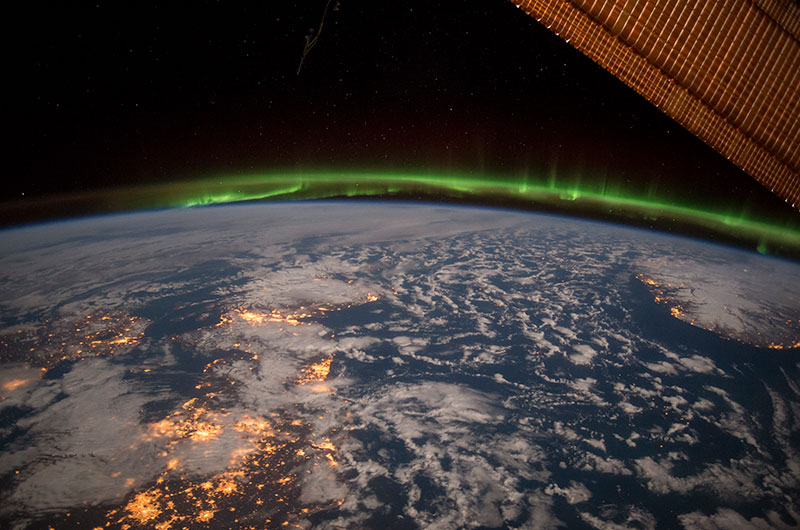
International space cooperation is a win-win game for both China and the world, says Yang Yuguang from the China Aerospace Science and Industry Corporation. /Photo by Terry Virts
International space cooperation is a win-win game for both China and the world, says Yang Yuguang from the China Aerospace Science and Industry Corporation. /Photo by Terry Virts
But the space station is an old technology. Americans, Europeans and Canadians did it when the International Space Station (ISS) was founded two decades ago.
Terry Virts first launched on the space shuttle Endeavour in 2010, serving as pilot for the mission that delivered and installed the station's Cupola. Four years later, he used that same multi-windowed room to capture hundreds of thousands of photographs – 319,275, to be exact – of the planet.
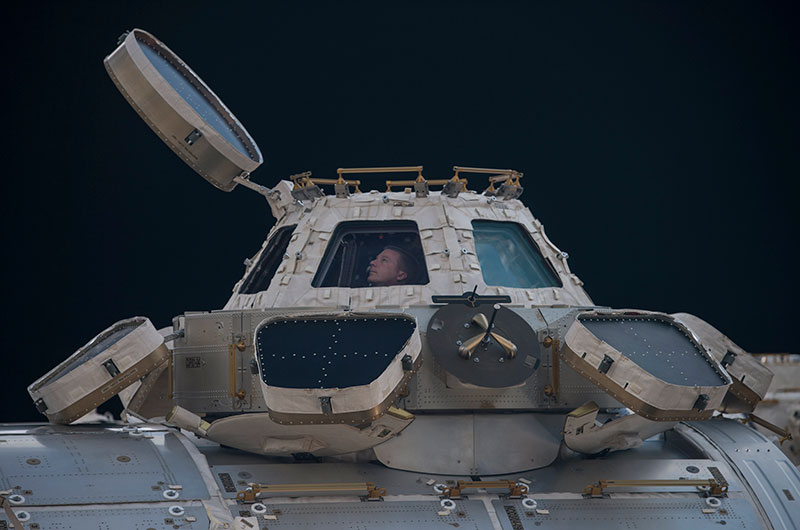
Terry Virts first launched on the space shuttle Endeavour in 2010. /Photo by Terry Virts
Terry Virts first launched on the space shuttle Endeavour in 2010. /Photo by Terry Virts
He said during the studio interview that his favorite part of being an astronaut is embracing different life styles in space. Doing science experiments, talking to media, and being a doctor to other crew members were all parts of his life there.
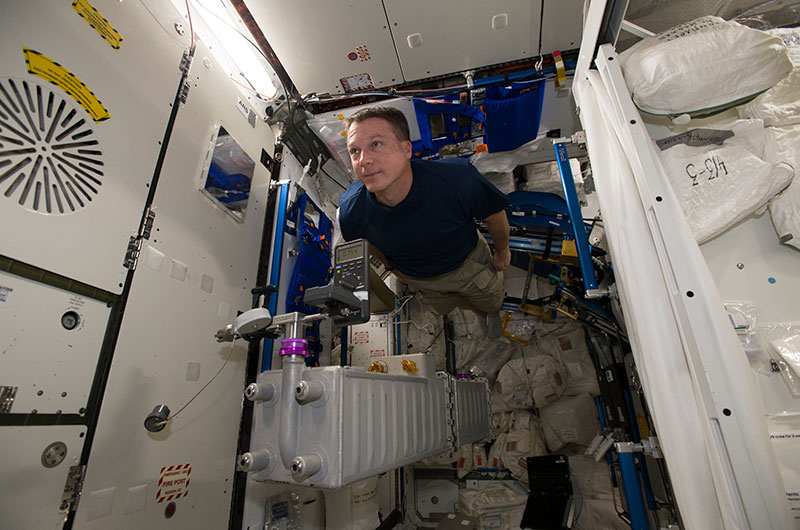
Terry Virts says being an astronaut is embracing different life styles in space. /Photo by Terry Virts
Terry Virts says being an astronaut is embracing different life styles in space. /Photo by Terry Virts
When asked about the United States' plan to stop funding the ISS by 2024, both guests agreed that this will not spell the end of international space cooperation.
“My guess would be it will continue beyond that,” said Virts. “International space cooperation is the way to do space aspiration.”
Yang said it’s still too early to talk about the fate of the ISS. “I don’t think it will be deorbited after 2024,” he maintained.

SITEMAP
Copyright © 2018 CGTN. Beijing ICP prepared NO.16065310-3
Copyright © 2018 CGTN. Beijing ICP prepared NO.16065310-3